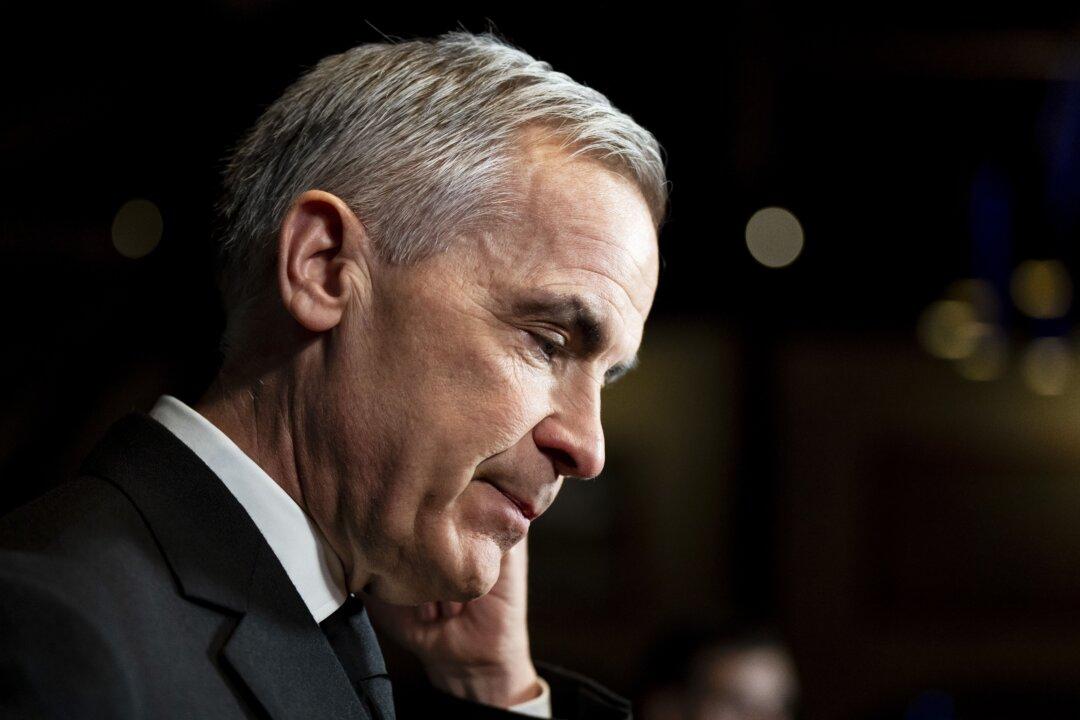Energy policy priorities are shifting in Canada as the country anticipates possible U.S. tariffs on its products as early as next month, a newly released poll suggests.
Just 23 percent of Canadians in the summer of 2023 said creating economic growth was their priority when considering the country’s energy policies, a poll by the Angus Reid Institute found. U.S. President Donald Trump’s threat to impose sweeping tariffs on Canadian exports appears to have impacted Canadian attitudes on energy, however.





